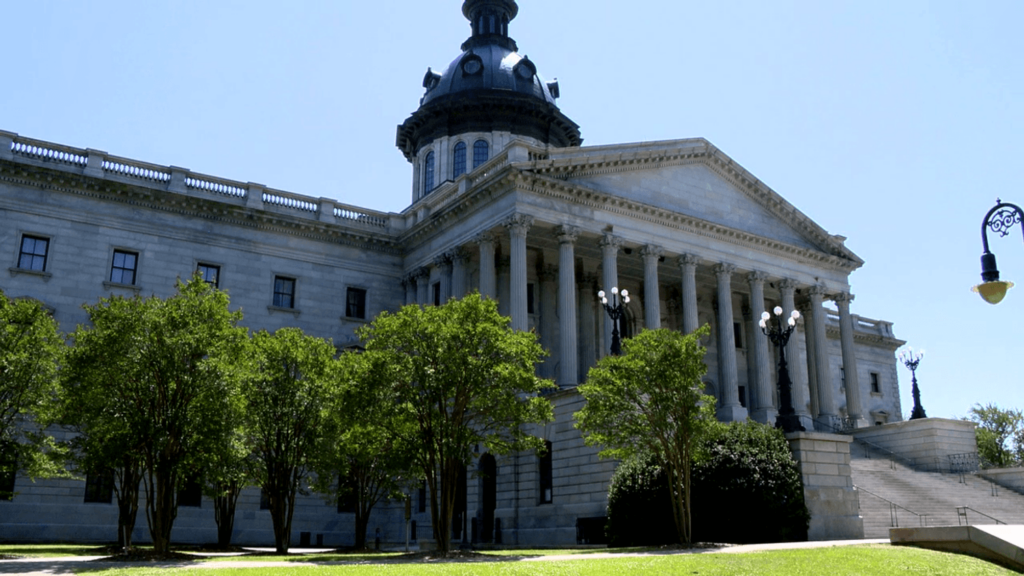USC economist explains impact of federal debt ceiling debate
COLUMBIA, SC (WOLO) — You may have heard about the debt ceiling, but what does that mean for us here in South Carolina?
It could impact you more than you think.
“From the perspective of the average South Carolina, it’s important to recognize that both sides of the political aisle have an incentive to make a deal on this,” said USC economist Dr. Joey Von Nessen. “No one wants to see the US default. This is more so a political problem than an economic one.”
However in Washington, lawmakers have yet to decide on whether to raise or suspend the country’s debt ceiling which currently sits at $31.4 trillion.
“Everything is on the table. We’re going to keep negotiating until there’s a deal that makes meets the speaker’s parameters,” said Rep. Garret Graves, a Republican from Louisiana.
“I believe the Republican House Caucus is willing to default. I think they want to burn the House down. I think they want to crash the economy,” said Rep. Ted Lieu, a Democrat from California.
Both political parties blame the other for the reason a negotiation has not yet been reached.
“It’s not my fault that the Democrats have become so extreme that they are opposed to work requirements and saving 1 dollar less than the year before,” said Speaker of the House Kevin McCarthy. “That makes me think that the problem is the Democrats.”
In the meantime, Von Nessen says the holdup is hurting the US economy and impacting GDP.
“The US economy is already slowing,” the USC economist said. “It’s creating some uncertainty and concern that we will see a recession later this year. The possibility of a default fuels that fire.”
A default would mean that you might not receive your veterans’ benefits, social security payments or even a salary if you are a federal employee.
Von Nessen does not believe that a default will happen but adds that it could take lawmakers until the last minute to sort things out.
“If we were to see this drag on into the summer months, it would further reduce economic activity, increase economic uncertainty and increase the likelihood of a recession,” he said. “It’s important to get this resolved.”


